Glory Box of Tricks: How to Sound Like Portishead
Trip-Hop pioneers, Portishead, used some truly unique production methods in creating their sound. We find out more and look into some of their interesting gear choices.
Named after the small coastal town outside of Bristol, UK, the band formed in the early 1990s when Beth Gibbons and Geoff Barrow met Adrian Utley at Coach House Studios in Bristol while they were recording some of their early material.
The sound of Portishead
The three would go on to record the band’s acclaimed debut album Dummy (1994) with the help of engineer, Dave McDonald. It is here where Geoff Barrow would formulate his unique approach to sampling and sound design.
There were no rules to achieve the sounds they desired, so methods like re-amping, tape saturation, and exaggerated compression helped to shape the overall sound which became their signature.
AKAI S1000
While working as an assistant engineer at Coach House, Geoff Barrow befriended a certain group of Bristol musicians who were recording their debut album Blue Lines (1991). To his delight, the young engineer received an S1000 and an Atari 1040 computer as a gift from the group, which started his journey into sampling.
The Portishead approach to sampling involves using a combination of tape machines, cassettes, microcassettes, and even vinyl cutting to achieve the raw and unpolished sound we experience on the records.
To provide more sample time and flexibility, most of the samples were recorded in mono. This isn’t a problem with modern samplers like the Octatrack, but remember that most of the sonic degradation happened before the sampler was used in the Portishead workflow.

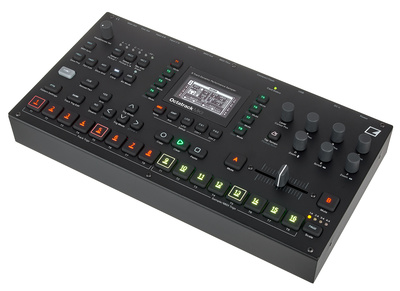
Gretsch G6129
Although Adrian Utley also used a Gibson ES 335 extensively during the Dummy recording sessions, he far preferred his Gretsch G6129, which featured on tracks like Glory Box and Sour Times.
The G6129 has Filter’Tron pickups that added to its raspy tone, while Geoff Barrow could manipulate the Bigsby vibrato as Adrian played and create some of the wild pitch bend effects you hear on the first Portishead album.
The glistening Gretsch is currently available in the form of the G619T-89VS and features TV Jones pickups and a Bigsby B3C tremolo tailpiece.

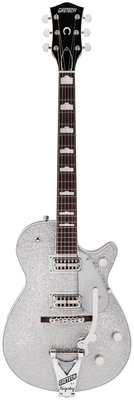
Fender Rhodes
The Fender Rhodes is pivotal to many of the tracks on Dummy, including Biscuit, It Could Be Sweet, and of course, Roads where it inspired the song’s name.
Here, a Fender Twin was put to use for its tone controls and the unmistakable tremolo effect which gives the track its staggered feel when juxtaposed with the beat.
As an alternative, the Crumar Seventeen stage piano offers several classic electric piano models and features both amp simulation and tremolo, as well as a range of other effects.

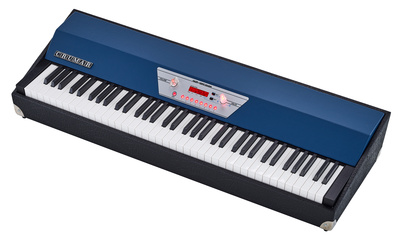
AKG C414
Beth Gibbons’ vocals were captured on an AKG C414, which is widely recognized as the working-class C12. The early versions (ULS and earlier) were equipped with transformers and some even have the same renowned brass CK12 capsule as the C12.
The vocals also get their character from the LA-2A compressor which was used rather aggressively, combined with a healthy upper-midrange boost to give them the ringy character.
The 414 is still produced today and while it’s no longer built with a transformer, the C414 XLII does have the CK12 capsule.


Roland RE-201 Space Echo
Whether used for slapback delay, reverb, or rhythmic feedback, the classic sound of the Space Echo is an important aspect of the early Portishead sound and is especially prominent on tracks like Mysterons, Pedestal, and Numb.
The dusty, slightly degraded character of the echo regen fits the sonic aesthetic perfectly, and it is a highly effective tool for creating the noisy transitions that appear throughout Dummy.
Roland has kept the legacy of the Space Echo alive and well with the Boss RE-202, which has saturation and MIDI I/O.

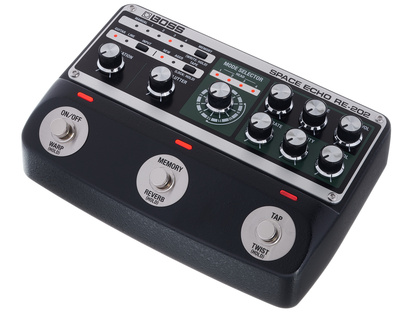
Which of your favourite artists would you like to see in our sound-alike series? Please let us know in the comments below!
More about Portishead:
Videos:
You are currently viewing a placeholder content from YouTube. To access the actual content, click the button below. Please note that doing so will share data with third-party providers.
You are currently viewing a placeholder content from YouTube. To access the actual content, click the button below. Please note that doing so will share data with third-party providers.
You are currently viewing a placeholder content from YouTube. To access the actual content, click the button below. Please note that doing so will share data with third-party providers.
*Note: This article contains promotional links that help us fund our site. Don’t worry: the price for you always stays the same! We will receive a small commission if you buy something through these links. We appreciate your support!
2 responses to “Glory Box of Tricks: How to Sound Like Portishead”

 3,5 / 5,0 |
3,5 / 5,0 | 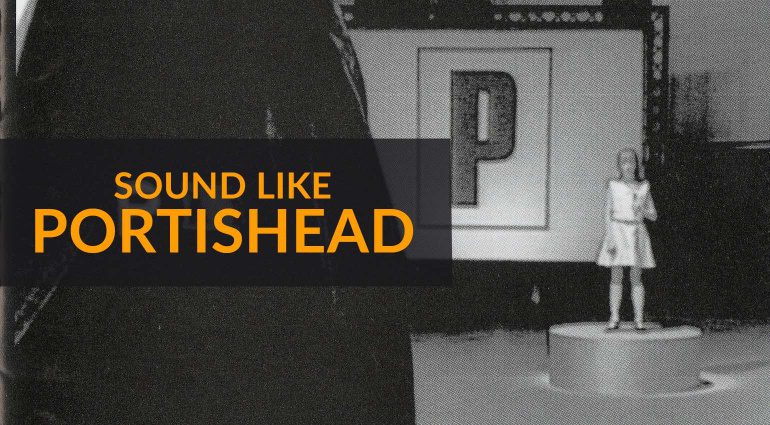

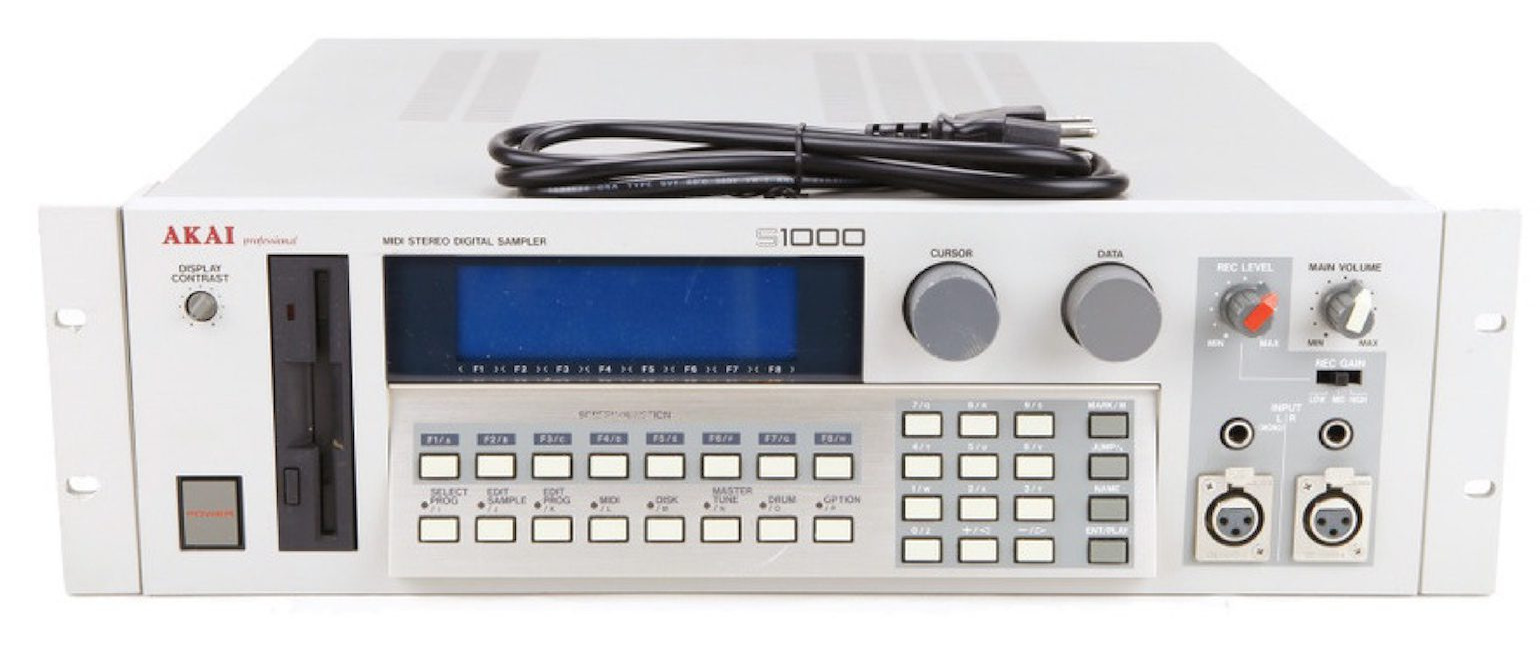

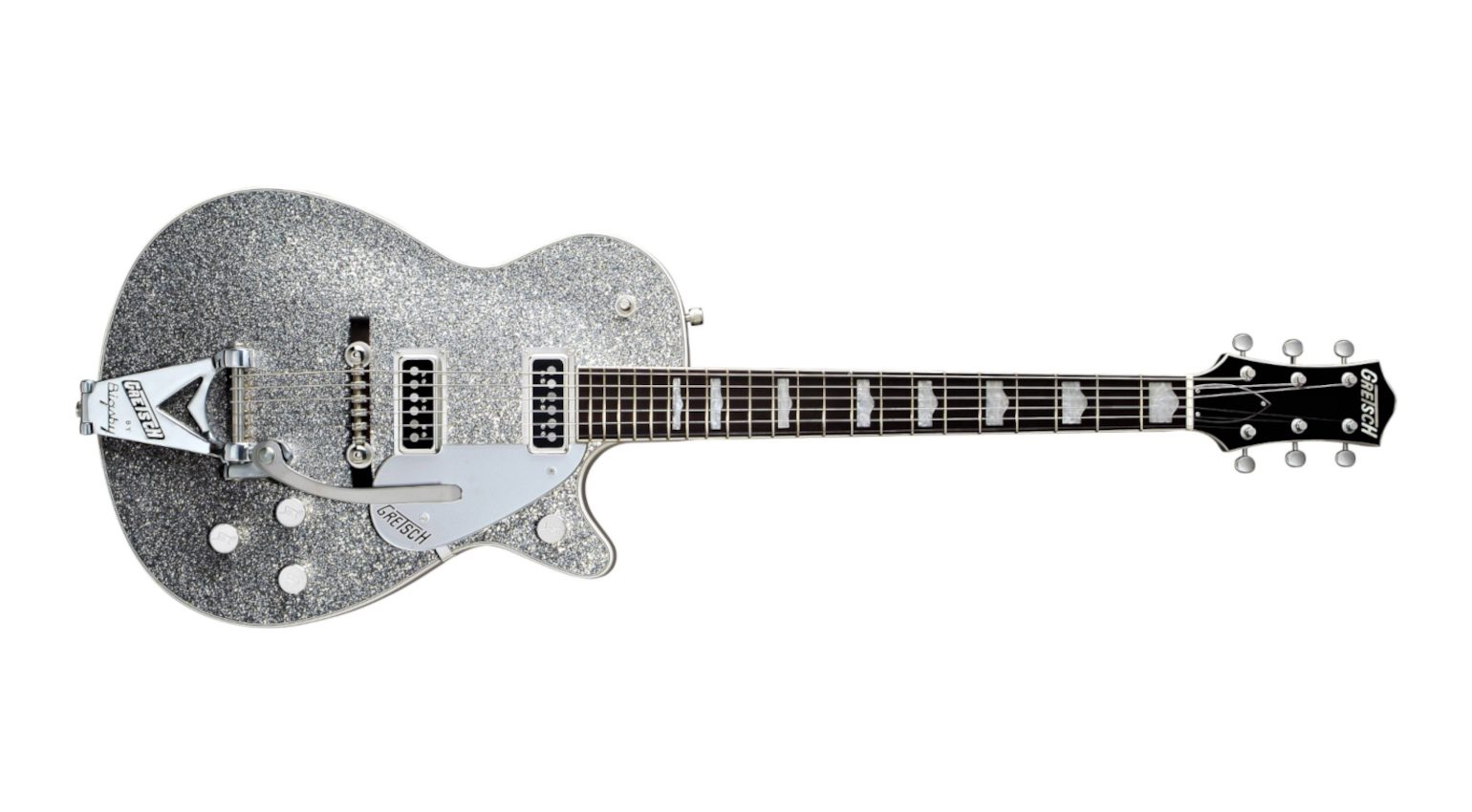

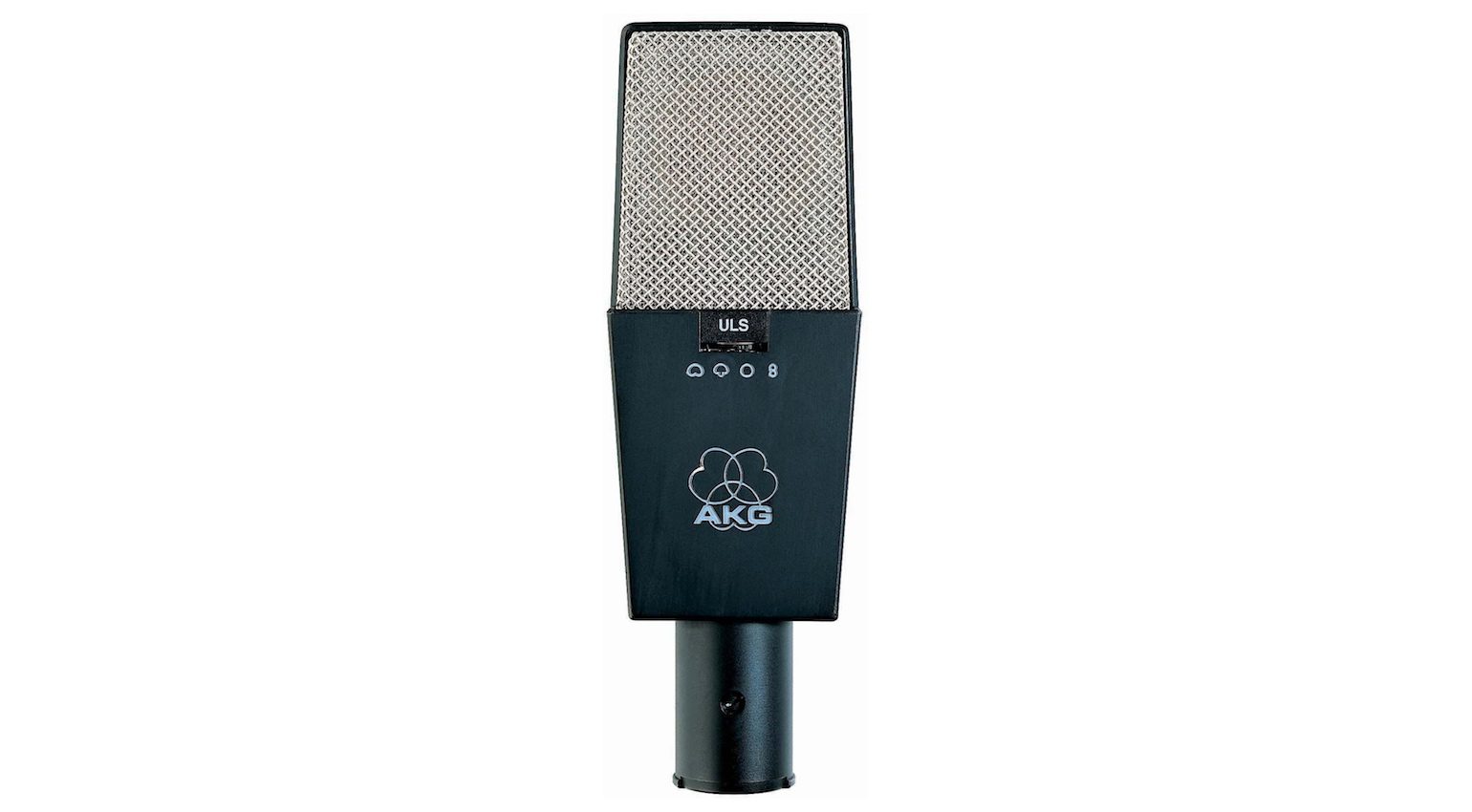

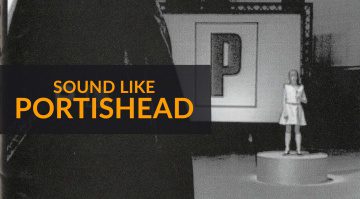

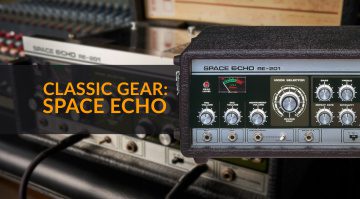
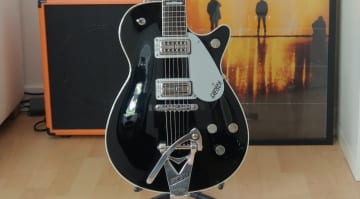
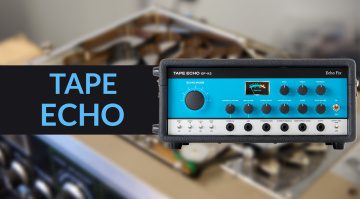
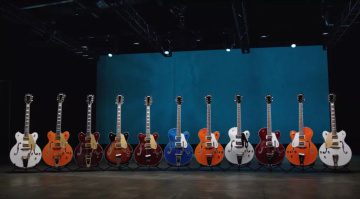

The instrument on Sour Times mentioned, may either be a Dulcimer, or possibly even a the strings of a piano, played with a metal implement. The quick sounds are produced by bouncing the implement off the strings.
I had Dummy (admittedly on a pirated cassette given to me by a friend) when it came out in 1994 (I was 19 at the time). It was very pivotal in the evolution of my musical tastes (having come from a more rock background). Something about the emotional depth of the music, and particularly Beth’s voice, really spoke to me, connected with me on a deep level. Listening to Portishead, felt like having a relationship with the music. Dummy is an absolute masterpiece, but I actually love the second album, and ‘Third’ too (particularly the song ‘The Rip’ which is just beautiful.
I don’t often play Portishead these days though, not because I’ve gone off them, far from it, but because the music has such meaning for me, and great emotional impact on me, so when I listen, the music really touches my soul to the point I can feel a little overwhelmed by its impact on me.
I’d also add the SH-101, which was used for the theremin style tones across the first and second albums